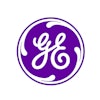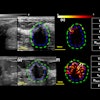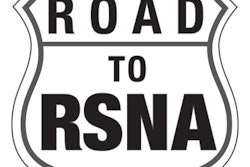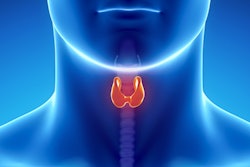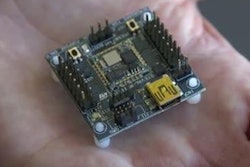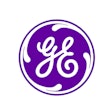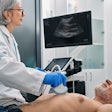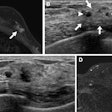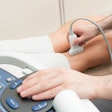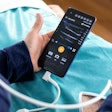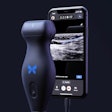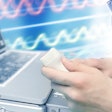Tuesday, November 28 | 3:40 p.m.-3:50 p.m. | SSJ02-05 | Room E450A
When it comes to identifying breast cancer, deep-learning software for breast ultrasound achieves diagnostic accuracy comparable to that of radiologists, Swiss researchers have found.Dr. Anton Becker of the University of Zurich and colleagues compared the performance of deep-learning software developed for diagnosing breast cancer on ultrasound with the performance of human readers. The study included 82 patients with malignant lesions and 550 patients with benign lesions; the software was trained with 70% of the images, while the remaining 30% were used to validate its performance. Three readers with a variety of breast ultrasound experience (a radiologist, a resident, and a medical student) also read the validation set of images.
The software took 3.7 seconds to analyze the entire image set, while the times for the human readers were 28 minutes for the radiologist, 22 minutes for the resident, and 25 minutes for the medical student. Becker's team found that interreader agreement was highest between the two more experienced readers, followed by the software and the reader with intermediate experience.
It's clear that deep-learning software has a future role in breast cancer detection, the researchers concluded.
"Deep-learning software can diagnose cancer in breast ultrasound images with an accuracy comparable to radiologists," they wrote. "[And it] learns substantially better and faster than a human reader with no prior experience given the same amount of training data."



